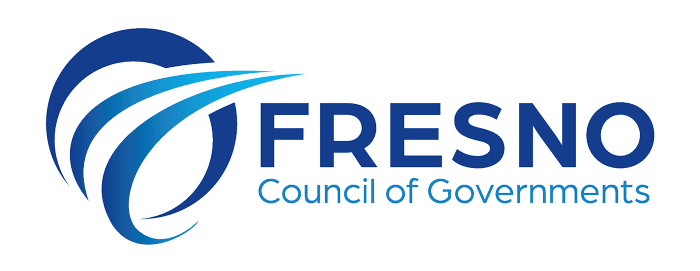Summary: Senate Bill 375 (2008) required metropolitan planning organizations, such as Fresno COG, to include a Sustainable Communities Strategy (SCS) within each update to the federally required Regional Transportation Plan (RTP). The SCS is intended to demonstrate how the region will meet greenhouse gas reduction targets, established by the California Air Resources Board (CARB), through land use decisions — as expressed through local general plans and such strategies as infill and other, denser development patterns.
Failure to meet the GHG targets can result in a region’s disqualification for multiple State funding sources, including certain transportation and housing-related grant programs.
Though not specifically stated in the law, the implication is that GHG targets should be achieved by wholesale reductions in vehicle miles traveled (VMT), or more specifically, the number of single-occupant vehicle trips occurring on a daily basis. The correlating assumption is that denser development patterns would encourage less driving and more bicycling, walking and transit use, as well as other alternative transportation options for commuters.
In 2013, SB 743 further codified VMT as an alternative metric to level-of-service for roadway capacity projects when considering transportation project expenditures. Under this law, jurisdictions are required through the California Environmental Quality Act (CEQA) to determine whether adding capacity to a roadway would encourage VMT growth, and if so, to mitigate for that additional VMT.
As a result, VMT has become the primary metric for meeting GHG targets under SB 375, and while VMT did diminish temporarily during the COVID-19 pandemic, its growth — via single-occupant vehicle trips — has rebounded above levels previously seen in 2019. This is despite continued and increased investment in transit capital and operations, as well as active transportation projects such as bicycle lanes, paths, sidewalks and trails.
This fact, combined with variables such as lower population growth projections, a growing electric vehicle fleet, and reduced housing production, among others, have transportation models throughout California showing that regions will face considerable difficulty meeting their CARB-prescribed GHG targets for the next SCS update.
Consequently, MPOs throughout the state have begun calling for administrative and/or legislative solutions to reform SB 375, primarily by adjusting its focus on VMT as the sole metric for GHG reduction.
Since SB 375 was first enacted nearly 18 years ago, California has endured a staggering housing and homelessness crisis, mandated its passenger vehicle fleet convert to EV by 2035, and centered multiple policy initiatives on equity considerations. SB 375 author Darrel Steinberg could not have conceived of any of these developments when writing and negotiating this law.
Fresno COG staff are participating in a working group along with multiple State agencies, including CARB, to determine administrative and potentially legislative solutions to these concerns. Simultaneously, SB 486 (Cabaldon, 2025) is the first bill aiming to address comprehensive SB 375 reform. Staff will continue to update its standing committees and Policy Board as this situation develops.
Action: Information and discussion. The Committee may provide additional direction at its discretion.


